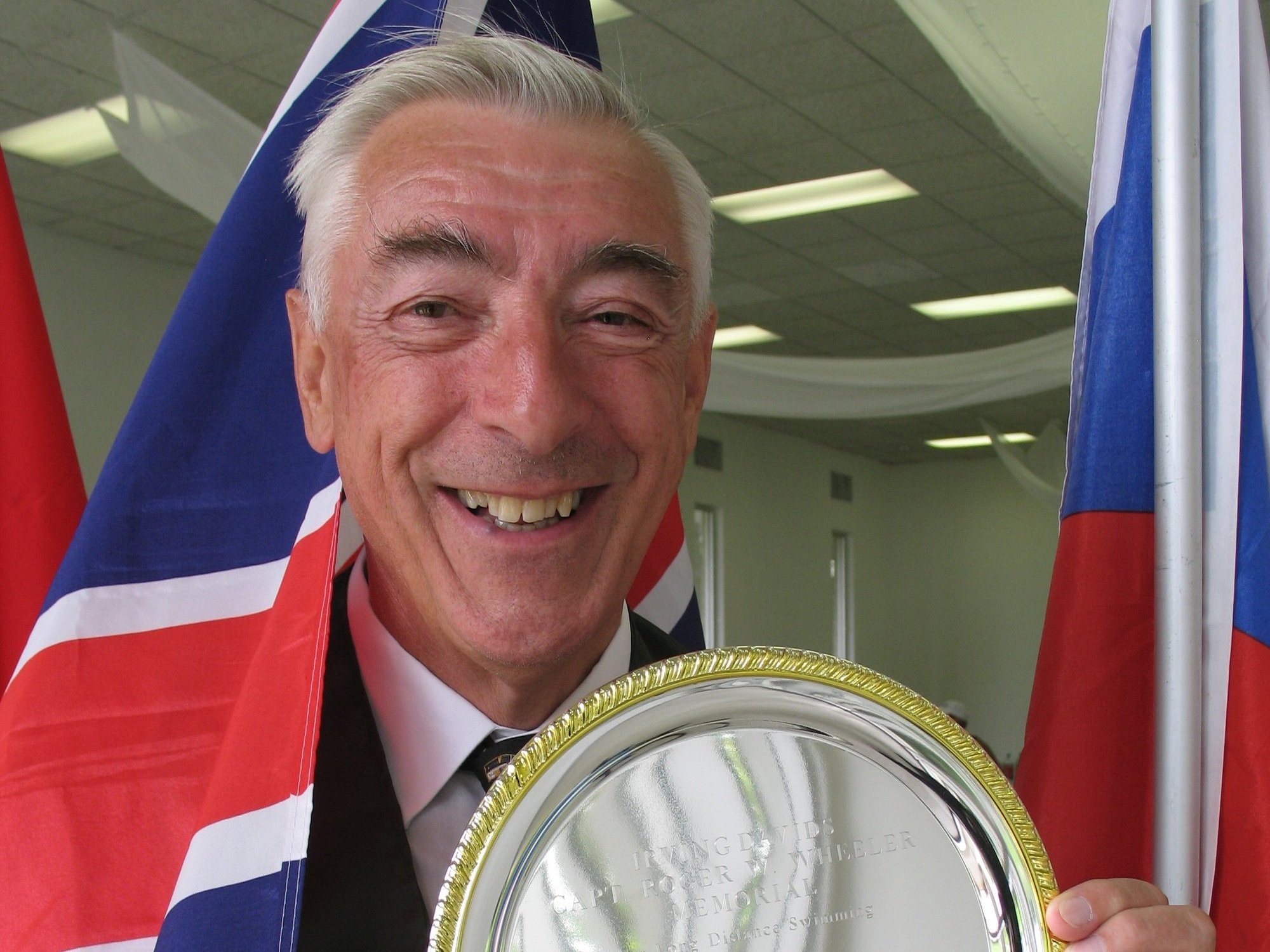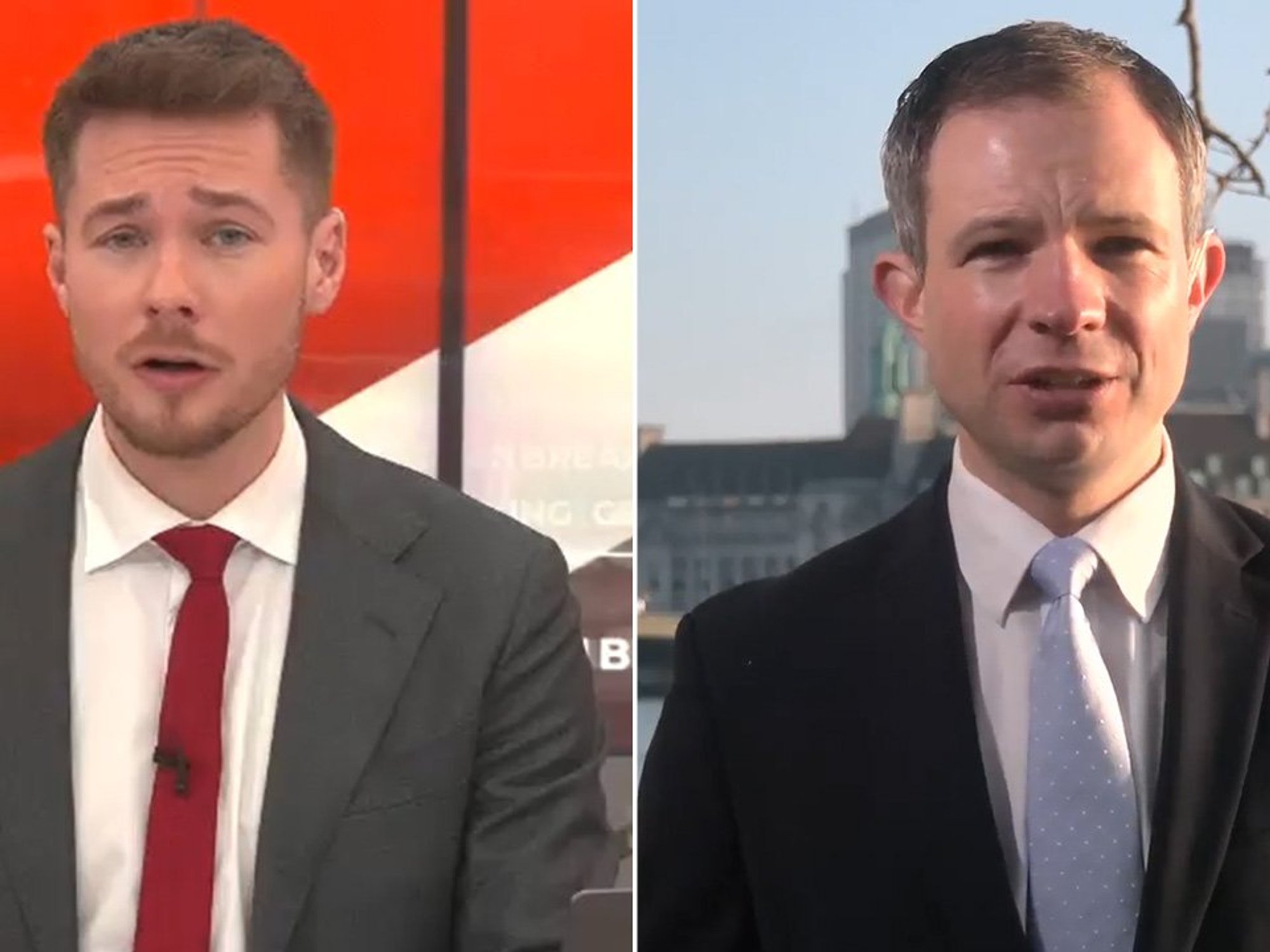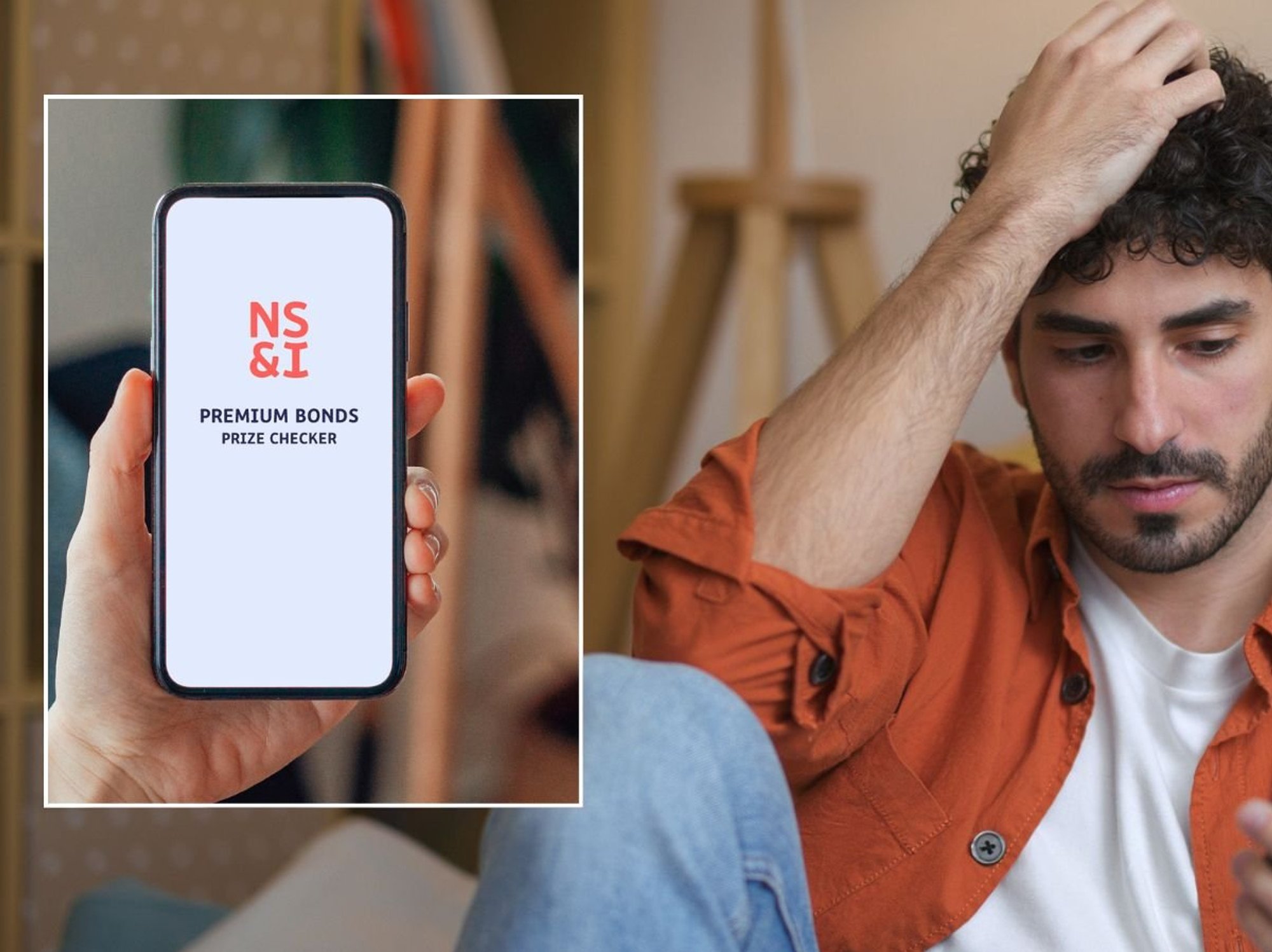Britons saving £500 a month after taking up social media trend sweeping across UK
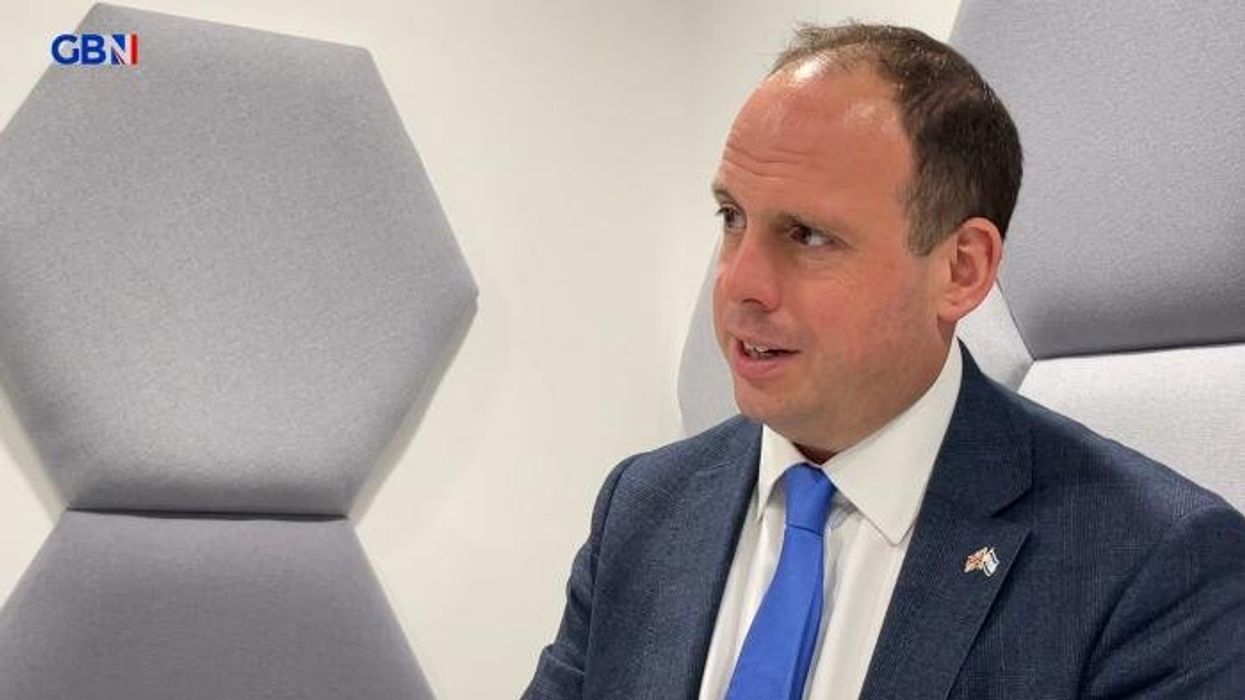
Savers urged to be careful of tax on savings interest |
GB NEWS

Thousands have taken up the money-saving trend, avoiding luxuries like coffee and clothes
Don't Miss
Most Read
Social media users are embracing a money-saving challenge that's taking platforms such as TikTok and Instagram by storm.
The "no spend" trend sees people committing to avoid all non-essential purchases for specific time periods.
From #nospendchallenge to #nospendmonth, thousands are sharing their experiences of cutting out everything from daily coffees to impulse clothing buys.
The concept has been around since the early 2010s but has recently exploded in popularity online.
TRENDING
Stories
Videos
Your Say
Matthew Sheeran, a Money Wellness collaboration partner and trained debt adviser, describes it as "a set period of time where you make a concerted commitment to not spend money on things that aren't essential".
Participants can still pay bills and buy groceries, but luxuries like takeaways and new clothes are strictly off-limits during the challenge period.
Some people choose one day each week, others commit to weekends only, while the most dedicated attempt an entire month without non-essential spending.
"You might find it easier to save £200 or £500 a month to start saving for life's bigger purchases," Mr Sheeran said.
The key, he explained, is distinguishing between needs and wants.
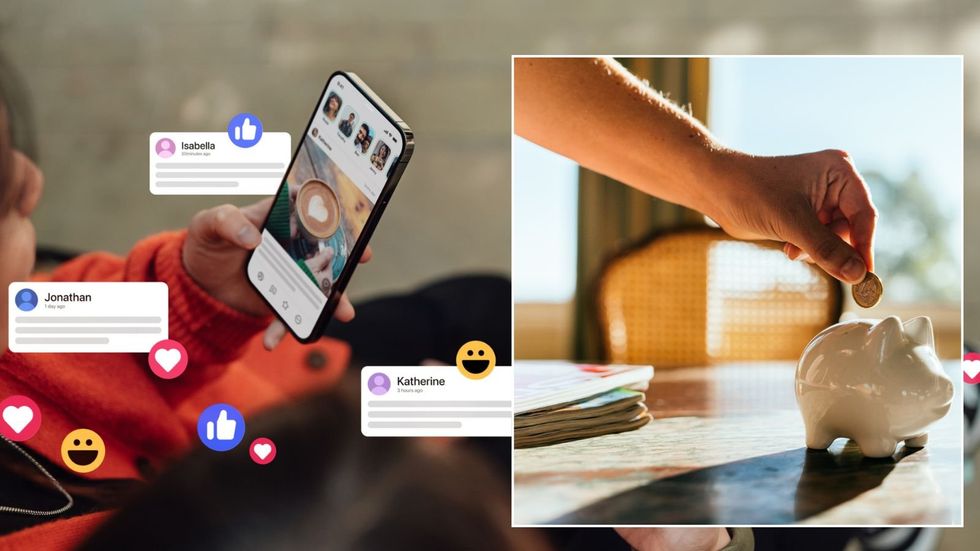
Social media users are jumping on a viral savings challenge that’s sweeping TikTok and Instagram
|GETTY
"A lot of people will get a coffee every day just because that's what they do, it's part of their routine. They'll soon realise it's not something you actually have to do," Mr Sheeran said.
The flexibility means participants can adjust the rules to match their circumstances, making it accessible whether they're saving for something specific or simply wanting to understand their spending patterns better.
By eliminating those small daily purchases that barely register, people discover they're able to work towards major financial goals.
"You can make the choice of what you want to spend that money on rather than just naturally frittering it away throughout the month on non-essentials," Mr Sheeran said.
It's a chance to reset spending habits and gain clarity on budgeting.
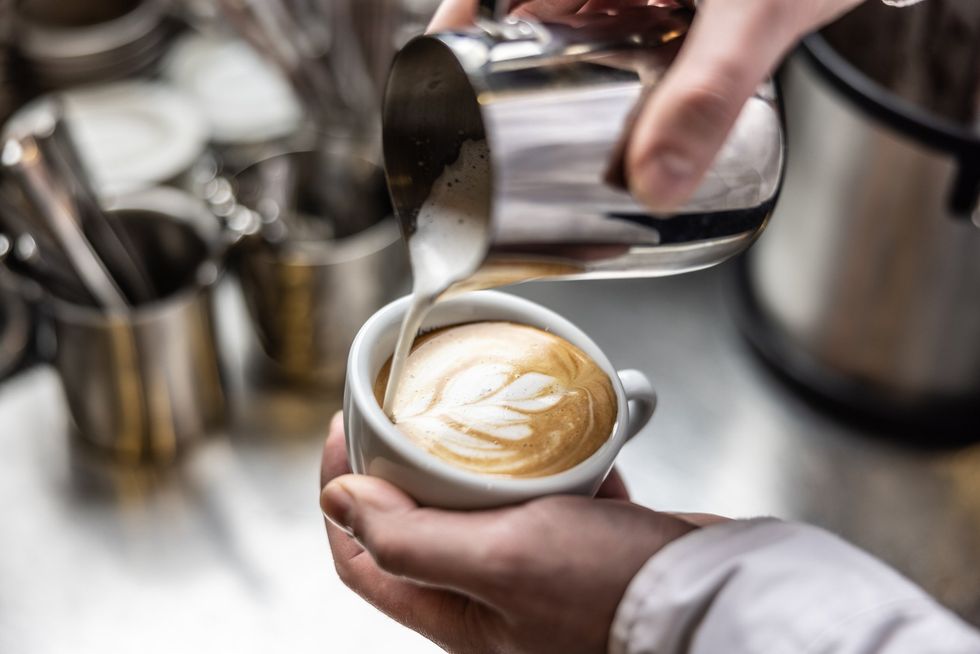
Making coffee at home instead of buying it out, for instance, can free up significant funds for bigger ambitions like saving for a house deposit
|GETTY
Making coffee at home instead of buying it out, for instance, can free up significant funds for bigger ambitions like saving for a house deposit.
The experience often reveals just how much money disappears on forgettable purchases throughout the month.
"It really can reduce stress and provide that sense of control over your money, which empowers people and makes them feel better," Mr Sheeran said.
By consciously avoiding certain purchases, participants can support their values through mindful consumption, choosing to repair items rather than replace them.
Environmental impact becomes another motivating factor. Walking to work instead of catching the bus saves money while reducing carbon emissions.
"If you're thinking, 'I'm not actually struggling,' or, 'I am able to save some money,' it doesn't mean this isn't for you. Think about what matters to you, and it might still be worthwhile," Mr Sheeran said.
Mr Sheeran recommends creating a budget first to "sit down and highlight the things you are spending money on that aren't essential."
Finding an accountability partner helps maintain momentum.
LATEST DEVELOPMENTS:

Banking apps can track progress through dedicated savings pots
| PA"You could even look at doing it with a friend or a family member. It's always easier to follow the trend and keep that commitment if you don't do it alone," he said.
Banking apps can track progress through dedicated savings pots.
Some people prefer moving their usual coffee money straight into savings to watch it grow.
But Mr Sheeran warns against "revenge spending" when the challenge ends.
"Maybe in their mind, because they've not spent for a week, they think they can then splurge. It sets you back to square one," he said.
The goal isn't permanent deprivation but finding a balance between saving discipline and occasional treats.
Our Standards: The GB News Editorial Charter
More From GB News






